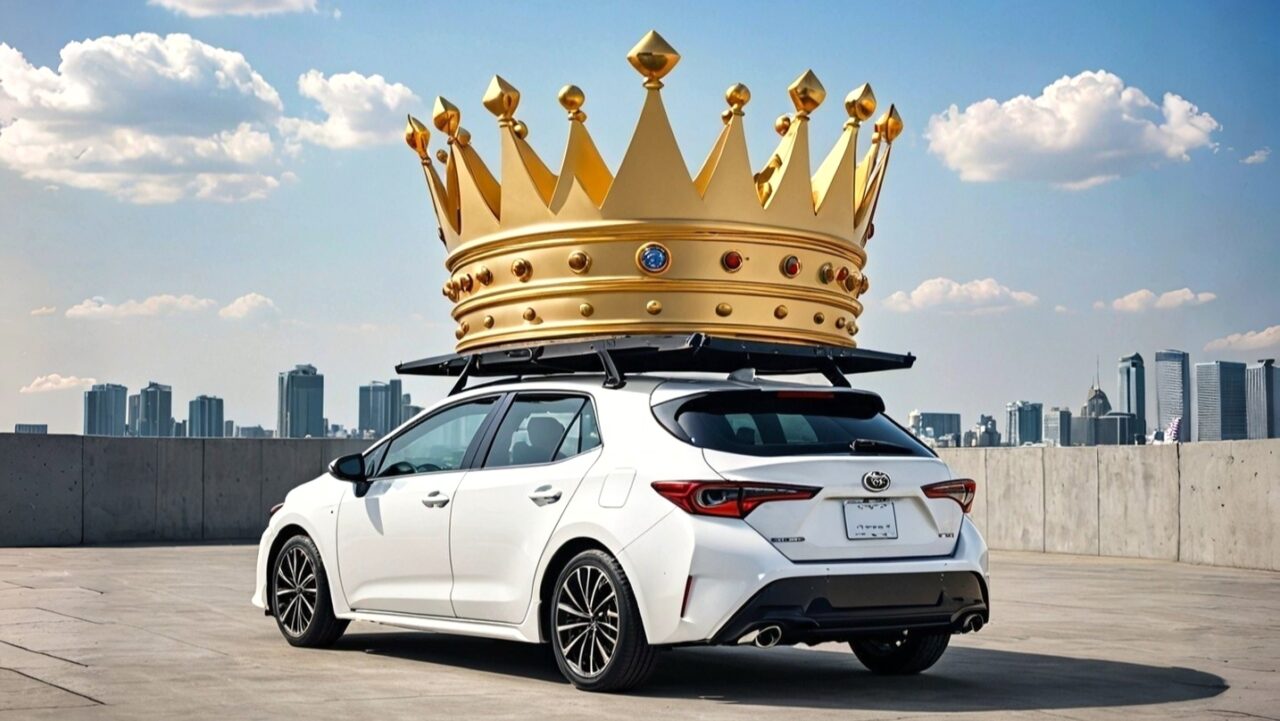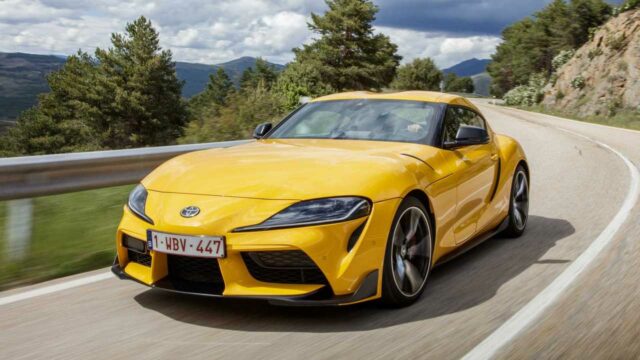When Toyota decided not to switch entirely to electric vehicles, many criticized the decision. However, President Akio Toyoda defended that achieving carbon neutrality isn’t restricted to one approach and opted for a strategy including hybrids, gasoline, and electric vehicles. How did this decision benefit Toyota?
Toyota’s hybrid strategy has surprised electric vehicle manufacturers
Toyota and its luxury brand Lexus offer a total of 29 electric options, surpassing other car manufacturers. But when we say electric, we’re not just talking about EVs; hybrid and plug-in hybrid vehicles are also part of the lineup. This diversity proved itself with Toyota’s robust sales figures in the first half of the year.

Sales rose by 9.2% in the second quarter and by 14.7% in the first six months. In June, electric vehicle sales increased by 69.8%, constituting 45.3% of total sales. Which models sold the most? In June, fully electric bZ4x and hybrid models like Toyota Camry, Corolla, Corolla Cross, Grand Highlander, and Tundra set sales records.
Even gasoline models like Sequoia and Crown made the list, showing how crucial it is for Toyota to offer various power options. In essence, there’s a Toyota for nearly everyone. Lexus shares a similar success story. Sales increased by 9.3% in the second quarter and by 11.9% in the first six months.

In June, electric vehicle sales rose by 33.7%, constituting 35.9% of total sales. Like Toyota, Lexus has crafted a successful sales strategy by offering customers the hybrid and electric vehicles and power options that best suit their needs. Toyota and Lexus pursued success by appealing to everyone with different power options.
This means that there’s a model tailored to everyone’s needs. Toyota’s strategy provides significant advantages both to the brand and to customers. If this trend continues, Akio Toyoda’s versatile approach will continue to yield results.
What are your thoughts? You can share your opinions in the comments below.














